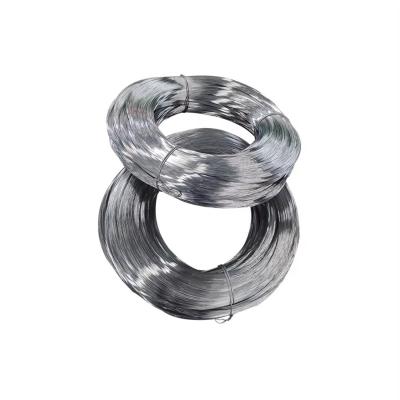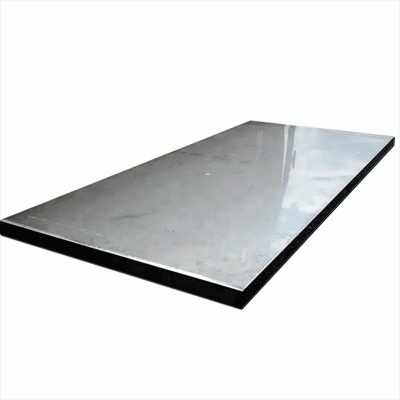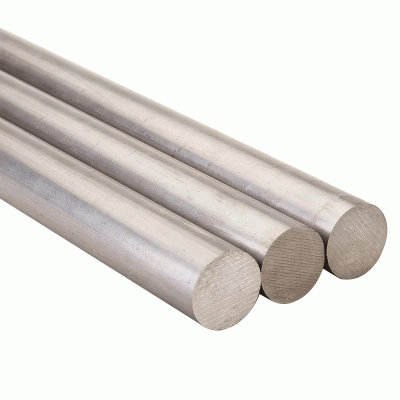Steel Pipe’s Benefits and Uses Across Multiple Industries
Steel is an incredibly versatile material, and one of its top benefits is the way it can be manufactured in a variety of shapes and templates. One of the most well-known and popular such alignments is steel pipe, which holds several major advantages over plastic piping — and may be the ideal material for certain jobs you require.
steel pipe is just one of several varieties of steel that we offer to clients throughout Utah. What are some of the qualities that make steel pipe such an attractive material for several different project types, and what are some of the industries or applications where such products are most often used? Here’s a basic primer.
Durability
Steel piping, especially within stainless steel grades like 316, is one of the single most durable building materials on the market today. Such products are designed to withstand a wide range of climates, chemical exposures and even water pressure. This makes it an ideal product for outdoor applications where PVC would almost certainly fail, as well as indoor jobs that involve wet environments or harsh chemicals.
In fact, due to certain properties we’ll discuss further down in our series, steel pipe will typically serve its purpose for decades without corroding or requiring maintenance, which is far longer than most other piping materials.
Resists Corrosion and Staining
One of the properties that’s most involved in the high durability of steel pipe: The fact that steel doesn’t rust. While some other materials on the market can hold up well to a few years of wear and tear, steel pipe is a material that will look exactly the same decades down the line as it did when you installed it. In fact, if it’s treated with care and proper additional metals during the manufacturing process, there’s no reason you can’t get a full lifetime of use out of your steel pipe.
In addition, steel has anti-stain properties, so it can resist corrosion from materials such as acids and carbonation — which makes steel pipe a great choice to install beneath sinks or in wet basements.
Adaptability
Stainless steel can be treated with a wide variety of elements to improve various properties, from increased durability to resistance to corrosion. For instance, many companies will coat stainless steel in nickel to increase its ability to resist pitting and degradation from chemicals. This makes it perfect for installations within chemical plants or any other areas where corrosion could be an issue.
In other cases, a company will elect to coat a basic steel material in zinc, which helps to resist corrosion and weathering from outdoor elements. This makes it a popular choice for homes located near the ocean or other bodies of saltwater.
Variety of Grades
Steel is available in different grades that are specifically designed to meet different needs. In addition to stainless steel, steel pipe can also be produced in galvanized steel, which has a zinc coating to give it added rust protection.
Depending on the specific job you need done, there are multiple grades of steel available that will fit your needs — making steel pipe one of the most versatile materials on the market today.
Attractiveness
If you know your pipes will be exposed in certain areas, steel pipe has a major advantage over plastic piping: It’s easy to customize to meet your design needs. In many cases, steel can be easily painted or powder-coated with a variety of attractive colors — making it perfect for outdoor applications that require a distinctive exterior look.
In addition, steel can also be treated with a variety of chemical compounds to make it non-stick, so it’s ideal for installation in areas where you need to limit the potential for bacteria. This has made steel piping one of the top choices in medical facilities, prisons and other public or government applications where cleanliness is an issue.
Eco-Friendly
Finally, because steel pipe is not made using petroleum and does not require coatings or linings, it’s a 100% recyclable material — which means you can rest easy knowing it will never be an issue for the environment. There will be no need to send this piping away for special treatment or disposal, making it one of the most eco-friendly piping options on the market.
Common Steel Pipe Applications
Due to all of the above benefits, steel pipe is used in several different industries. These include:
General construction: No matter what type of building or home you’re manufacturing, steel piping is often one of the best choices. With its high durability and resistance to corrosion, it’s an easy selection for any project that requires long-lasting infrastructure materials.
Irrigation: If you live in a dry region where water conservation is important, steel pipe may be right for you. For example, if you need to irrigate a field or yard, using steel piping is often more cost-effective than installing irrigation lines and watering equipment with plastic tubing.
Transport: If your business is in manufacturing or transportation, it may be advantageous to use steel piping for transport instead of other materials such as paper tubulars. Steel pipe can often be reused and recycled, which saves you money and reduces the amount of waste left over from transport.
Medical industry: Hospital and medical facilities often use stainless steel for low-flow installations such as hand wash stations. In addition, it’s common to see steel piping used in the pharmaceutical industry, where cleanliness is of utmost importance.
Domestic homes and businesses: Steel pipes like stainless steel grade 304 serve as ideal choices for homes and businesses alike, and can be used for a variety of purposes. The versatility and ease of painting the piping means it’s easy to customize it based on your specific needs, too.



